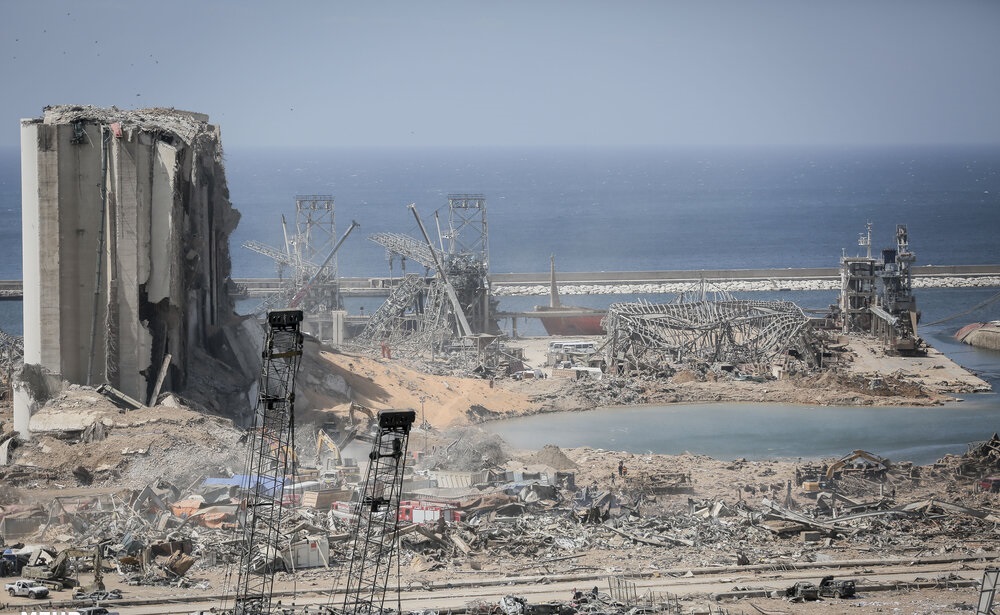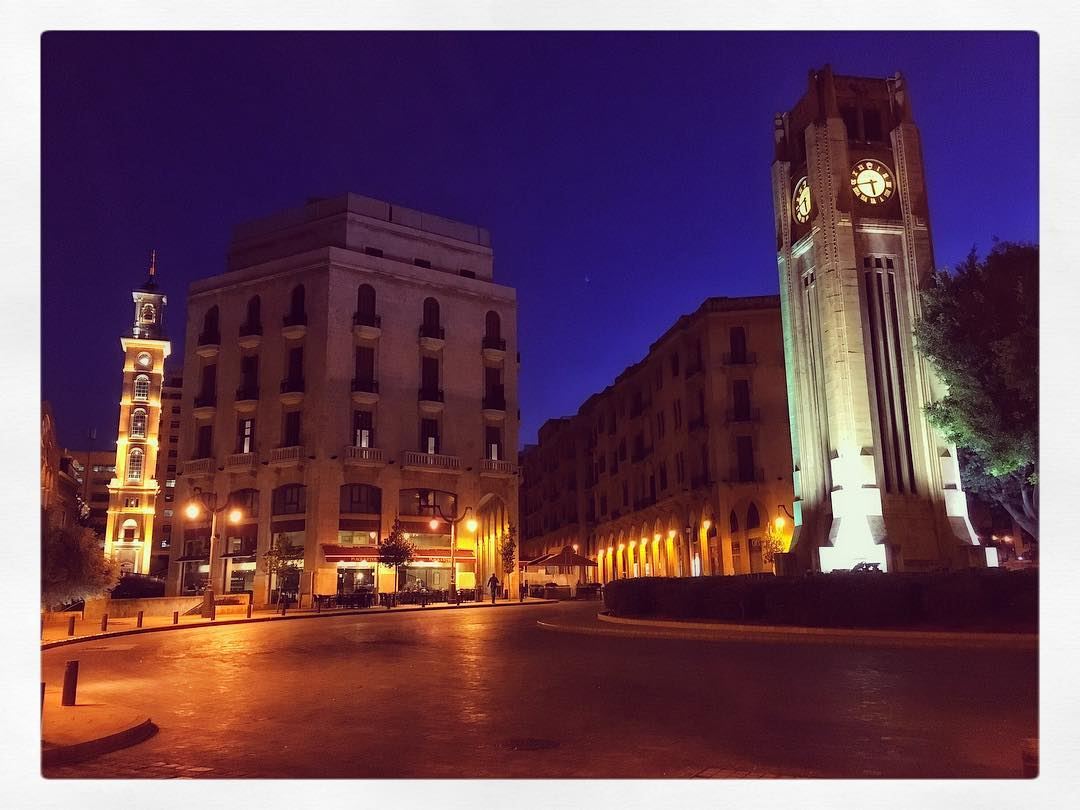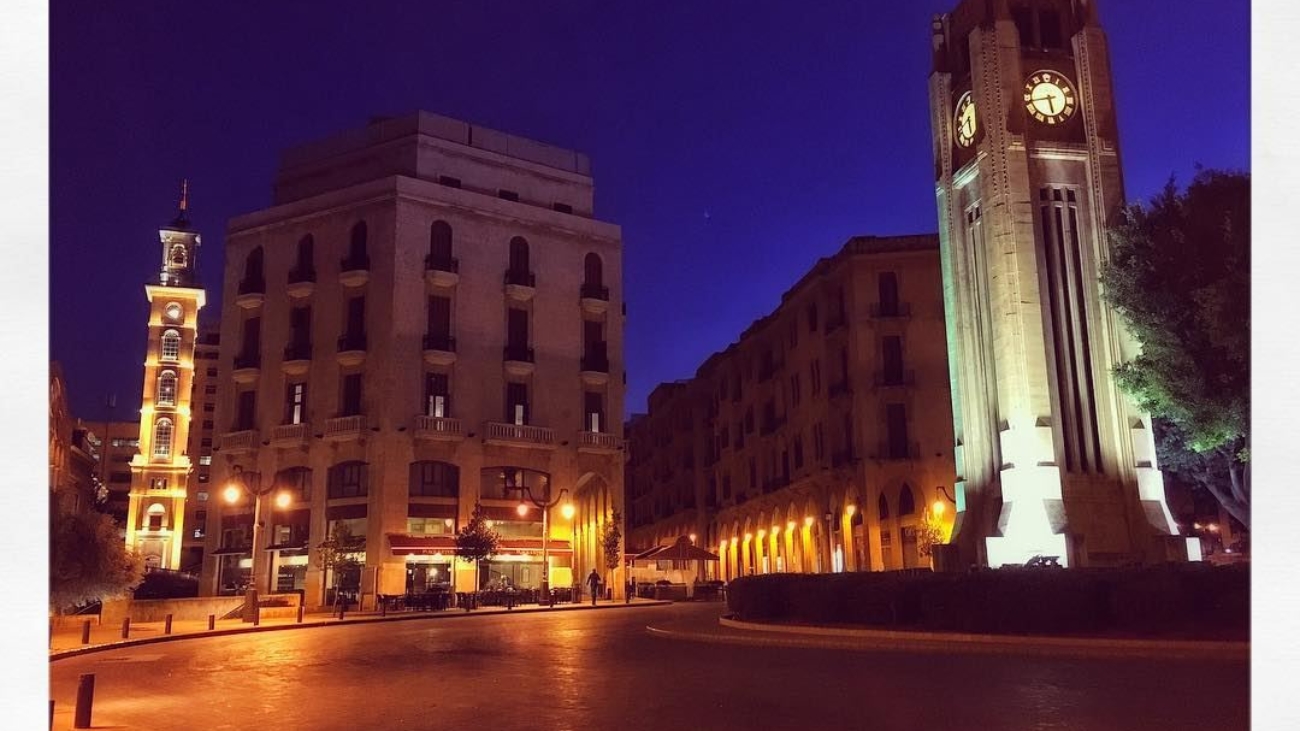The 4th August, 2021 was the anniversary of the Beirut Port Explosion. Last year on that date, a large amount of ammonium nitrate which was being stored at the government-owned Port of Beirut, exploded and caused at least 218 deaths, 7,500 injuries and damage to property estimated at USD 15 billion. It left approximately 300,000 people homeless.

The blast was felt in Israel, Palestine, Syria, Turkey and some parts of Europe. It was heard in Cyprus, more than 150 miles (240 KM) away. The United States Geological Survey registered it a seismic magnitude 3.3 event and was the most powerful artificial non-nuclear explosion in history.
Before the explosion there was a fire in the same warehouse, but as of April 2021, the exact cause of the detonation remains under investigation. Presently there are numerous theories, but none of them has yet been proved.
The cargo ship MV Rhosus carried the chemical to Beirut
On the 27th September 2013, the Moldovan-flagged ship MV Rhosus left Batumi, Georgia heading for Beira, Mozambique. It was transporting 2,750 tons of ammonium nitrate. On the 21st November of the same year, the ship arrived at the Port of Beirut. There are differing claims as to why it ended up in this port. One is said to be the vessel had mechanical problems, whilst others say the owner did not have sufficient funds to pay the tolls at the Suez Canal. During the time in Beirut port, the vessel took on a shipment of heavy machinery. The machinery was subsequently stacked on top of the doors to the cargo space containing the ammonium nitrate, causing the doors to buckle, damaging the ship.
Inspection led to the Port State Control deeming the MV Rhosus being unseaworthy and was forbidden to sail. Some crew members returned home, leaving four to take care of the ship.
The owner of the ship eventually went bankrupt and he lost all interest in the cargo. According to Lloyd’s, the Beirut authorities seized the ship on the 4th February due to outstanding bills of USD 100,000. The four remaining crew members, having lived on the ship for almost one year, were allowed to return home. A judge then ordered the cargo be brought ashore and was placed in Warehouse No. 12, where it remained for the following six years. MV Rhosus sank in the harbor in February 2018.
Over time, Customs officials sent numerous letters to judges requesting a solution to the cargo being stored. They proposed the ammonium nitrate be exported, given to the army or sold privately. They expressed their concern about the extreme danger in keeping these goods in an unsuitable place, made all the worse by the climate conditions. None of the judges replied to any of these requests.
We now of course all know the horrendous repercussions, which were a direct result of ignoring the Customs Officials concerns. Hopefully lessons can be learnt in every port throughout the world, so that such a disaster is never repeated.
Before the explosion, the economic situation in Lebanon, was already in a state of crises. The pound having plunged and the poverty rate had risen to over 50%. Furthermore, the Covid-19 pandemic was overwhelming the country’s hospitals.
Once, Beirut was considered the hub of art and fashion. A fusion of East and West. After World War ll, the people of Beirut, war-torn and tired were able to show they could turn tragedy into a cultural innovation.
The Port of Beirut is the main maritime entry point into Lebanon. The port includes four basins, sixteen quays, twelve warehouses, a large container terminal and grain silos with a total capacity of 120,000 tons, which serves as an important cereal reserve for the country. The Beirut Naval Basis is also located there.
The people of Lebanon have overcome tragedy in the past, and we sincerely hope they can do it again!!
SANDY MCINNES
MPL NEWSLETTER EDITOR












